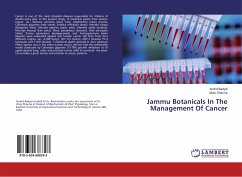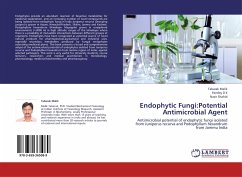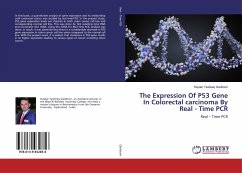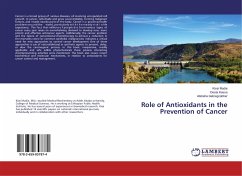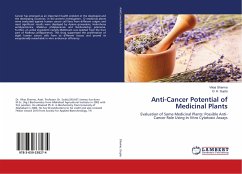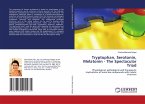Cancer is one of the most dreaded diseases responsible for millions of deaths every year. In the present study, 12 medicinal plants from Jammu region, viz., Alstonia scholaris (devil tree), Azadirachta indica (neem), Calotropis gigantea (milk weed), Emblica officinalis (amla), Mentha citrata (bergamot mint), Mentha piperita (piper mint), Mentha viridis (pudina), Murraya koengii (kari pata), Musa paradisiaca (banana), Olea europaea (olive), Punica garanatum (pomegranate) and Trachyspermum ammi (ajwain) were evaluated against five human cancer cell lines from four different origins, viz., A-549 (lung), HCT-116 (colon), MCF-7 (breast), PC-3 (prostate) and T-47D (breast). 7 medicinal plants showed in vitro cytotoxic effect against one or the other human cancer cell line with the remarkable results produced by Calotropis gigantea (73-78% growth inhibition at 10 mig/ml against lung, colon and prostate cancer cells).To conclude, the plant can provide a great service and promise to cancer patients.
Bitte wählen Sie Ihr Anliegen aus.
Rechnungen
Retourenschein anfordern
Bestellstatus
Storno

